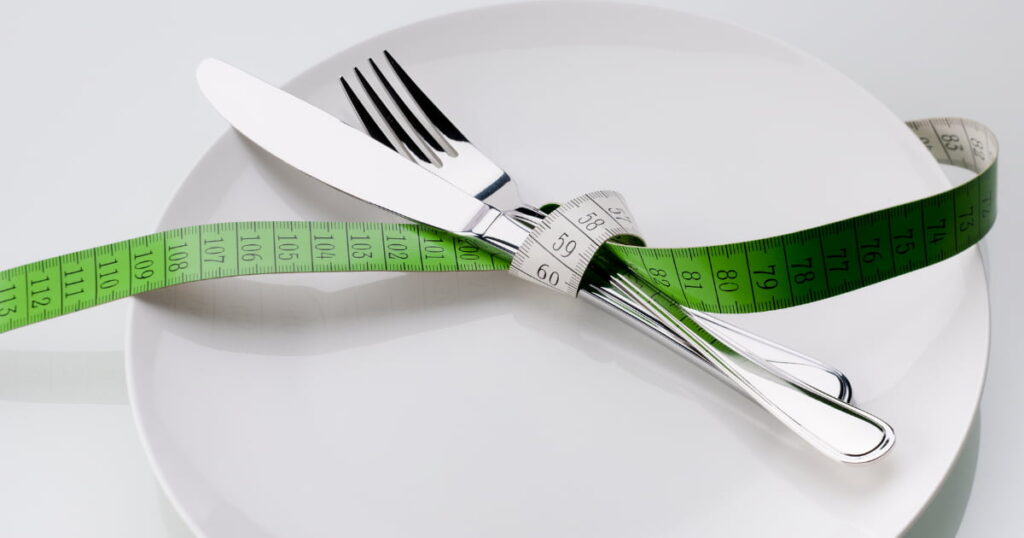Why It Feels So Hard to Know What’s True in Nutrition
If you’ve ever scrolled Instagram, TikTok, or even the news and felt overwhelmed by the flood of “nutrition tips,” you’re not alone. One person swears by cutting carbs, another is selling powders to “heal your gut,” and someone else insists you need a long list of rules to be “healthy.”
The truth is, nutrition science is complex and how we apply nutrition science to our every day lives is extremely personal. Wellness culture often oversimplifies or distorts it. The good news? There are practical ways to tell if nutrition advice is legit so you can make choices that actually support your health and well-being.

✅ Signs Nutrition Advice Is Reputable
When you’re looking at nutrition guidance, here are some green flags to look for:
- Credentials matter. Registered Dietitians (RD or RDN) have extensive training, supervised practice, and are licensed to provide nutrition counseling. While other health professionals may share useful insights, be cautious if someone calls themselves a “nutritionist” without clear education or credentials.
- References credible sources. Reliable advice usually connects back to peer-reviewed research, established health organizations (like the Academy of Nutrition and Dietetics, CDC, or WHO), or consensus statements. Personal anecdotes are interesting and we love human to human connection, but they don’t help us know how to tell if nutrition advice is legit.
- Nuance over absolutes. Reputable information acknowledges that health and nutrition are not one-size-fits-all. It makes space for individuality and doesn’t promise perfection.
- Encourages flexibility. Guidance that helps you explore options, listen to your body, and adapt over time is often a sign it’s trustworthy.
- Focuses on long-term well-being. Look for advice that emphasizes sustainable habits, balance, and self-care over quick fixes or extreme approaches.

🚩 Red Flags for Nutrition Advice
Not all nutrition advice has your best interests in mind. Watch out for these warning signs:
- All-or-nothing language. If someone says you must always eat this or never eat that, it’s usually oversimplified at best or harmful at worst.
- Fear-based messaging. Content that makes you feel guilty, scared, or ashamed around food is a red flag. Food is not the enemy. Eating this one thing will not mean that you get x, y, z disease.
- Over-promises. Claims that a diet, product, or plan will “detox,” “reset your metabolism,” or cure all health concerns are unrealistic and often misleading.
- Lack of transparency. If someone is selling supplements, powders, or programs but doesn’t disclose financial ties, proceed with caution. Be especially cautious if this same person is sharing conflicting advice (example: “Eating processed food is the worst thing you can do for your health but buy this processed nutrition supplement for optimal health.”)
- Dismissing professional care. Be wary if the advice discourages you from working with medical professionals or implies you should ignore your body’s cues.
Questions to Ask Yourself Before Trusting Nutrition Advice
- Who is giving this advice, and what are their qualifications?
- Is the message based on research or just personal experience?
- Does it make me feel empowered, or does it increase guilt and fear?
- Does it sound too good to be true? (Spoiler: it probably is.)
- Is it flexible enough to work for me, or does it insist there’s only one way?
Why This Matters
The way we approach nutrition impacts not just our physical health, but also our relationship with food and our mental well-being. Building trust in where you get your information can help you filter out the noise, avoid unnecessary stress, and focus on what’s truly supportive for you.
At Tap Into Nutrition, we believe that reputable nutrition advice should leave you feeling included, cared for, and confident. There’s more than enough shaming out there, you don’t need it from us!
Ready for Support That Cuts Through the Noise?
If you’ve been burned by conflicting advice before, you don’t have to figure this out on your own. Working with a registered dietitian can help you get clarity, tune into your body’s needs, and build habits that feel sustainable.
💬 Book a free 15-minute discovery call to see if we’re a good fit: Schedule Here
